10 keys to a Detroit Lions victory over the Indianapolis Colts. It’s the Honolulu Blueprint!
The Detroit Lions (9-1) are back on the road for a Week 12 matchup with the Indianapolis Colts (5-6). If the Lions want to continue their hot streak, they’ll need to follow the keys to victory laid out in this week’s Honolulu Blueprint.
Colts offensive and defensive schemes
For a detailed look at the opposing scheme, make sure you check out our complementary breakdown piece: Lions Week 12 Preview: Breaking down Colts’ offensive and defensive schemes.
Key 1: Establish the run
On paper, this looks like one of Detroit’s biggest advantages. The Colts, on average, allow 143.1 rushing yards per game (28th in the NFL), 3.22 yards after contact (28th), and have given up the most 10+ yard rushes in the NFL, with 48 allowed this season. Now, some of that can be attributed to injuries on the interior of their defensive line, but their wide-9 approach to using their defensive ends leaves them vulnerable to offensive lines that can execute Gap and Duo blocking schemes, which the Lions do at an elite level.
Heading into this game, the Lions are producing, on average, 152.2 rushing yards per game (third-most in the NFL), 1.92 yards after contact per rush (fifth most), and have produced 40 rushes of 10+ yards (sixth most). Additionally, they’re the only team in NFL history to rush for 100+ and score a touchdown in each of the first 10 games. Their rushing touchdown streak actually dates back 24 consecutive games (including the playoffs), which is the longest streak in NFL history.
Look for the Lions to follow their rushing pattern of attacking the ground game early in the game with Montgomery, shifting to Jahmyr Gibbs in the middle quarters, and then finishing them off with Montgomery in the final quarter.
Key 2: Offensive line needs to reach 2nd level of defense
In order for the rushing attack to work properly, the Lions’ offensive linemen will need to make sure they’re reaching the second level with their blocks. Running Gap concepts and executing Duo blocks should allow them to accomplish this in a manner in which they have thrived in the past.
By running adjacent to the Colts’ interior—instead of attacking it—and then knocking the linebackers off their spots, the Lions back should have open running lanes to get into the secondary.
Key 3: Play-action all day long
The Colts are in zone coverage roughly 80% of the time, running a bend-don’t-break style of coverage where they keep everything in front of them. The Colts attack the run downhill and can get caught overpursuing with their aggressiveness. Here’s where the Lions’ use of play-action can manipulate the defenders into vacating the passing zone that Detroit wishes to attack.
It’s a simple task but the Lions are one of the best play-action teams in the NFL and if Detroit can establish the run and then move the back-seven off their spots, Jared Goff’s accuracy can slice them up.
Key 4: Take advantage of matchups
The Colts have arguably the best cover nickel corner in the game in Kenny Moore, and when he is covering Amon-Ra St. Brown, it’ll be a challenging task to get the elite weapon the ball—though there are ways to scheme him open. In addition to using play-action, the Lions can also put St. Brown in motion pre-snap, and run crossing routes away from Moore’s zone, among other manipulative tasks.
Beyond St. Brown, the Colts zone will also put them in situations where their linebackers will be tasked with covering running backs and tight ends out of the backfield, which can also present as an advantage for the Lions. The key will be to identify the Colts’ coverage and matchups, and then take advantage.
Key 5: Prioritize stopping the run, win at the point of attack
As we highlighted in our breakdown of the Colts’ schemes, Indianapolis’ new offensive identity appears to rest in establishing the run. Last week, the Colts ran the ball 35 times as a way of keeping their offense in rhythm and aiding quarterback Anthony Richardson’s confidence.
While the Colts want to run the ball, they’re still not very good at it just yet. Against the Jets’ No. 24 DVOA run defense, the Colts only managed 91 yards on 35 rushing attempts. Things get harder for them this week when the Lions’ No. 5 DVOA run defense comes to town. Detroit is currently averaging just 94.8 rushing yards per game (fifth best in the NFL), and are coming off games where they only allowed 41 (Jaguars) and 56 (Houston) rushing yards.
The key will be stopping the run at the point of attack and that begins with Alim McNeill disrupting the middle of the offensive line.
Key 6: Stay disciplined, hold your gaps
On the outside, the Lions will need to be disciplined in setting the edge and watching for cutback lanes. If they can play contain, and maintain their gaps, they’ll limit the Colts’ ability to establish the run through traditional methods.
In addition to standard runs, the Colts like to create eye candy with pre- and post-snap movement to try and fool the linebackers. One of the more unique ways the Colts disguise intentions is by pulling an interior offensive lineman in one direction and then running the play in the opposite direction.
Furthermore, the Colts use a lot of RPO (run-pass option), PRO (quarterback power run option), and zone read concepts to further push for advantages, and the Lions’ linebackers will need to stay disciplined in their assignment and execute their roles.
A subtle advantage the Lions have with RPO, PRO, and zone reads is that assistant head coach and running backs coach Scottie Montgomery is well-known in the coaching profession as being a master of these concepts. The Lions’ defense surely tapped into Montgomery’s knowledge in these areas and will enter the game with a firm understanding of what to expect.
Against the Jets in Week 11, Richardson ran the ball 10 times, three zone reads, and seven on designed PRO runs. Each time they ran a PRO left, they did it with reserve wideout Ashton Dulin (No. 16) on the left side of the field, either lining up tight or shifting in tight pre-snap. This is key because Richardson scored both his rushing touchdowns on PRO runs to the left behind key blocks from Dulin.
The Colts don’t run PRO left every time Dulin gets on the field, but there appears to be enough of a pattern that the Lions would do well to pay attention to.
Key 8: Cover the middle of the field
Richardson has always been a deep ball thrower and against the Jets he showed the development to add more short passes into his range. Despite a power arm, he struggles with accuracy on throws outside and tends to favor throws over the middle of the field. If the Lions can create traffic and close windows, they’ll make life harder on Richardson. And if they can bait him into throws he doesn’t want to make, the Lions safeties have the skills to create turnovers.
Key 9: Josh Downs on 3rd downs
The one weapon Richardson consistently has in the passing game is Downs. Richardson prefers to target Downs on third downs and when throwing over the middle throws. Downs has a knack for getting open quickly in his routes, and when the Lions are in man coverage, the defender will have a tough assignment. If the Lions can execute some split zone concepts, use more zone coverage in passing situations, or disguise their intentions in coverage, they can stunt the Colts’ opportunities.
Key 10: Blitzing causes disruption
Finally, we get to the blitz. Since Week 7, the Lions have blitzed more frequently than any team in the NFL, and have been timing when they blitz to cause disruption. Richardson has struggled with the blitz since he entered the league, as he lacks the awareness to see or feel the blitz coming and can freeze. Making matters worse, the Colts will likely be using three rookie offensive linemen, and they’ve also had issues picking up the blitz as a group. And if that wasn’t enough, the Colts’ skill players also often struggle to pick up and contain blitzes, further complicating things for the Colts’ offense.
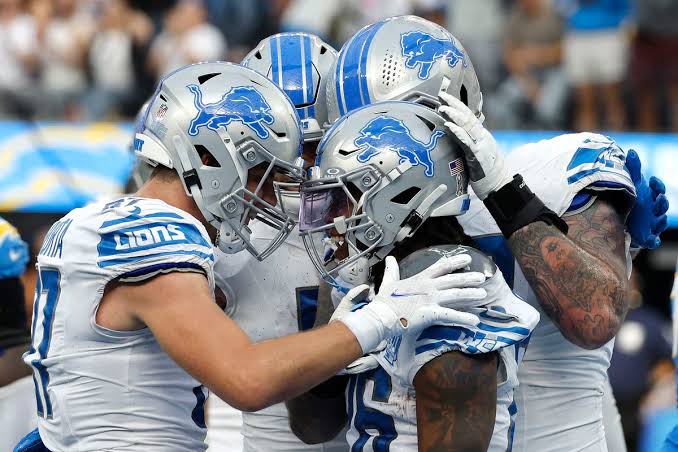

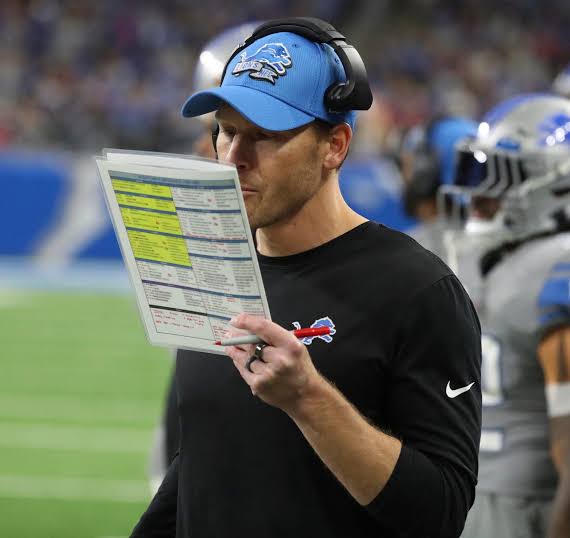
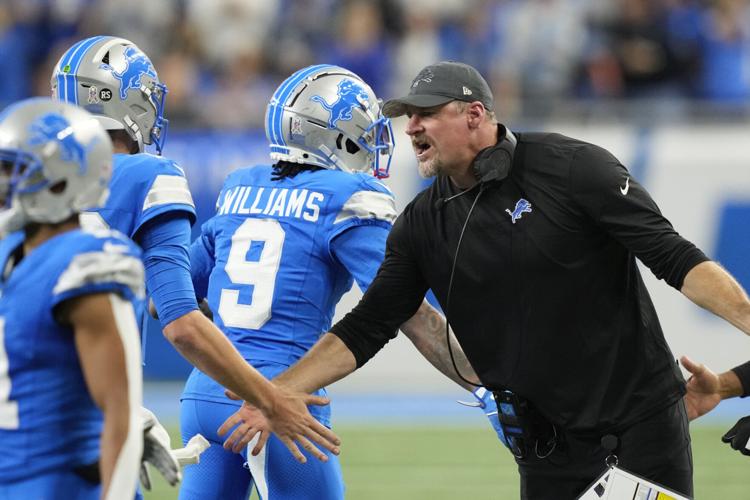
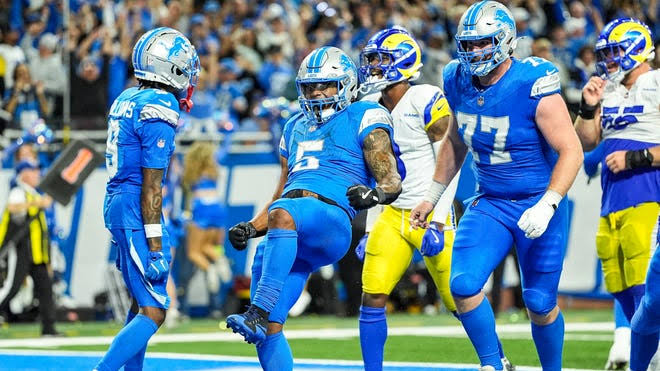
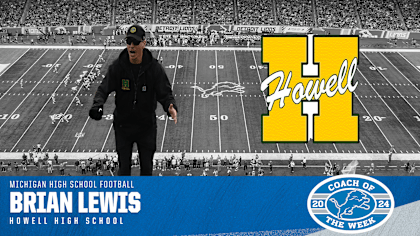


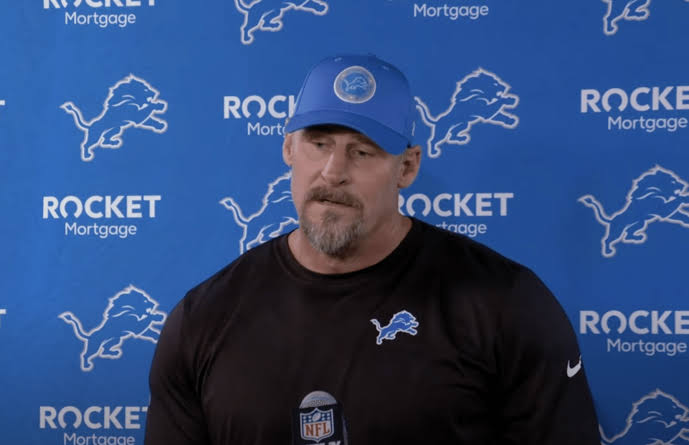
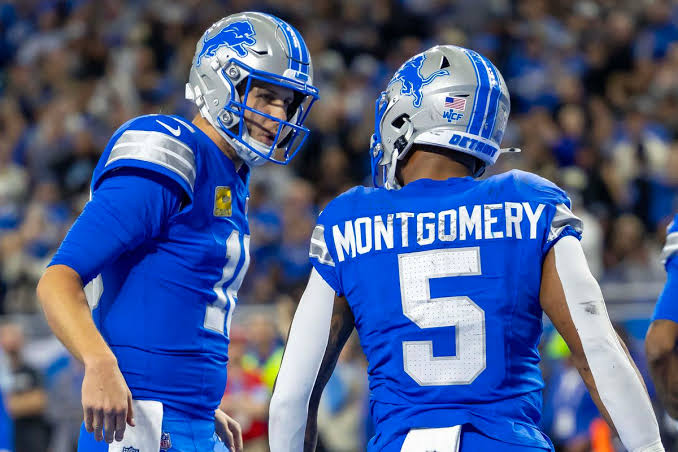

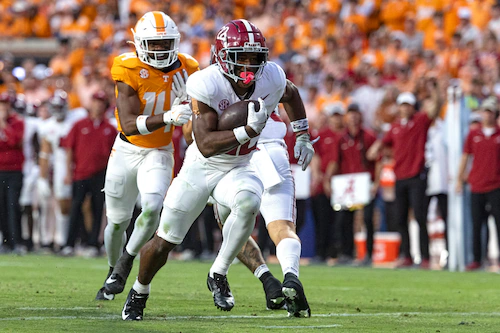
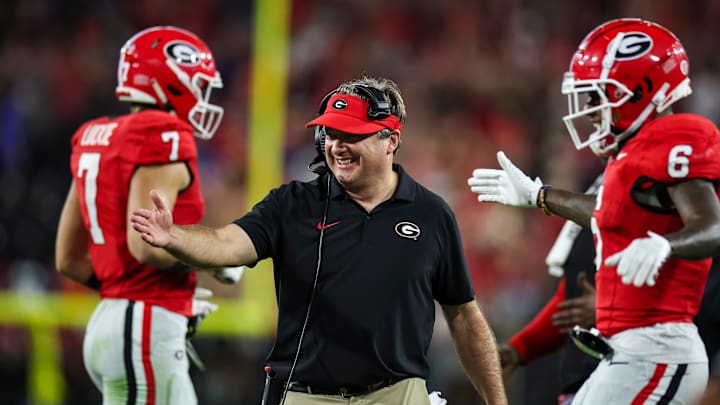

Leave a Reply